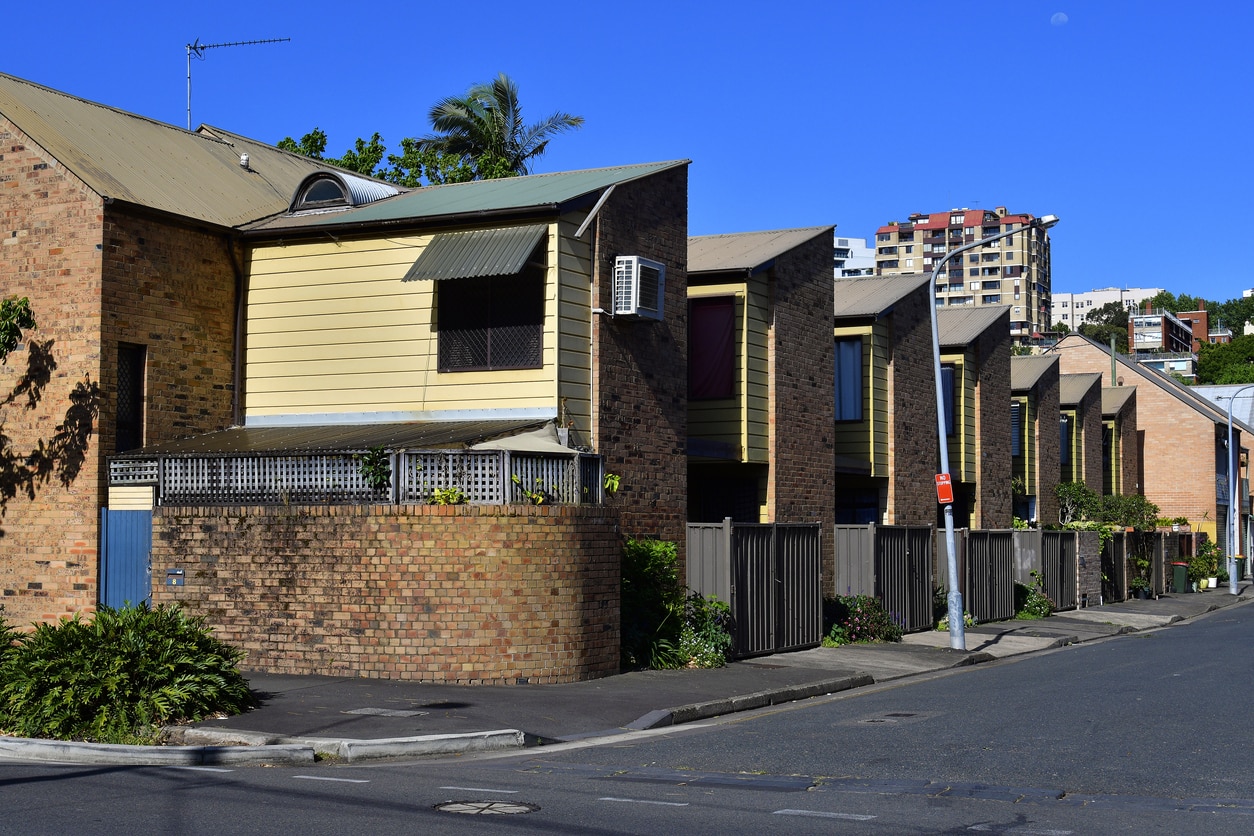Your Strategy and Execution. The final strategic capability in your property function.

We’re looking at the final linkage in your property function, and what is also the final article in our series that took a deep dive into the linkages surrounding our Property Assessment Framework. Let’s explore the strategy and execution within your property function.
This is the capstone capability that is informed by all the others below it.
While it is client-specific, a good property strategy needs to articulate the role that property plays in the achievement of organisational and divisional goals and objectives.
The property strategy connects directly to the organisational strategy. It is the key linkage between what the organisation is seeking to achieve and how the physical infrastructure supports the achievement of those objectives.
Key aspects of property strategy and execution
While specific for each organisation we would expect to see an articulation of how the following aspects of a portfolio strategy are managed:
- Supply and demand analysis; both current and future
- Lease profiling and strategies for major commitments and/or locations
- Site location and distribution strategies
- Business case processes for assessing site selection and options analysis
- Market cycle analysis and alignment of real estate decision to market.
- Density and occupancy strategies
- Service delivery strategies (how property services are delivered across the organisation).
What you need to look for to make the most of your strategy.
It is not uncommon for there to be no documented strategy. Often organisations take a purely tactical approach to making decisions as and when required on individual sites or leases.
Alternatively, it may exist but just not be fully documented as it is seen as either too fluid or not needed to be articulated. It could be considered as someone’s role to ‘do’ strategy. Both arguments are flawed as they rely on the knowledge of an individual rather than corporatised knowledge.
Is your strategy and execution experiencing problems?
The first symptom is often when a major problem occurs due to a lack of forwarding planning. The other trigger happens when new management comes in and asks to see the strategy. Other symptoms that the strategy either does not exist or is no fit for purpose include:
- Business units doing their own strategy.
- Highly reactive management of needs with little to no proactivity.
- Property is seen as purely operational and has no strategic value to add.
- Other business units or functions taking the lead on major accommodation projects or programs (like HR or operations)
- Lack of key strategic metrics to guide business planning and decision making.
- Lack of organisational awareness of the value that property can deliver and seeing property as simply a cost to be managed.
Strategy is about matching supply and demand both current and into the future. It requires planning over horizons much longer than any other business plan (sometimes 10 to 20 years). The ability to think and plan long term while still delivering short term is key to a solid strategic capability.
Do you need help applying our framework to your business, or make sense of the data? Contact us today, and we can help you identify and resolve problems within your property function.






